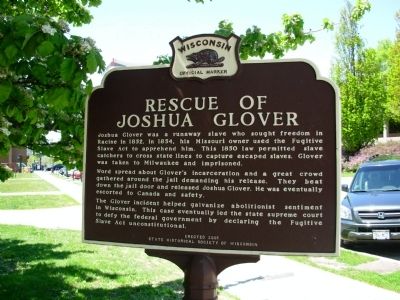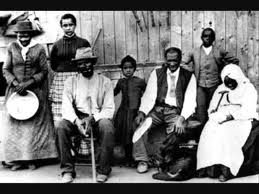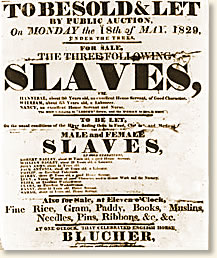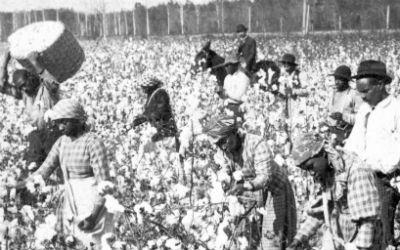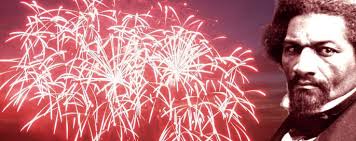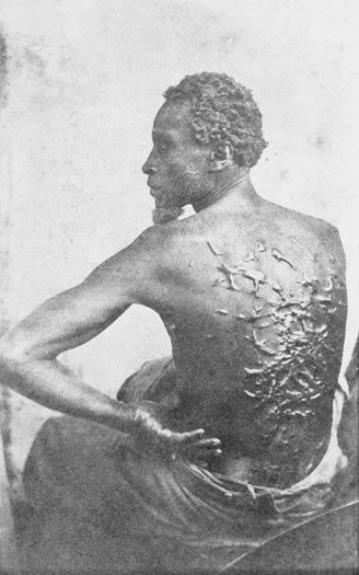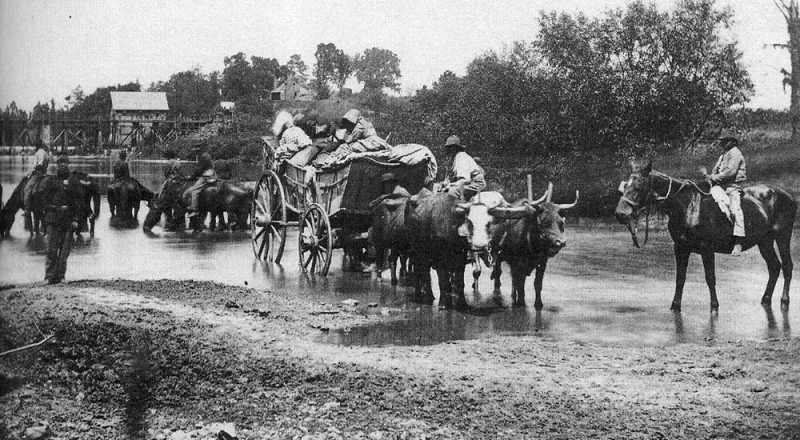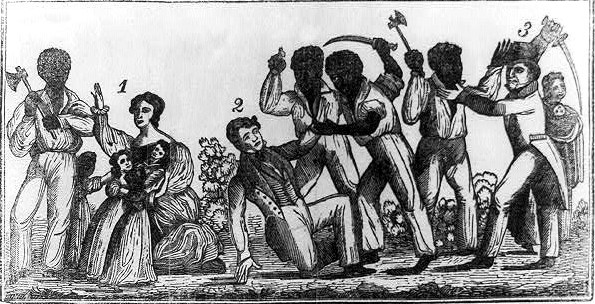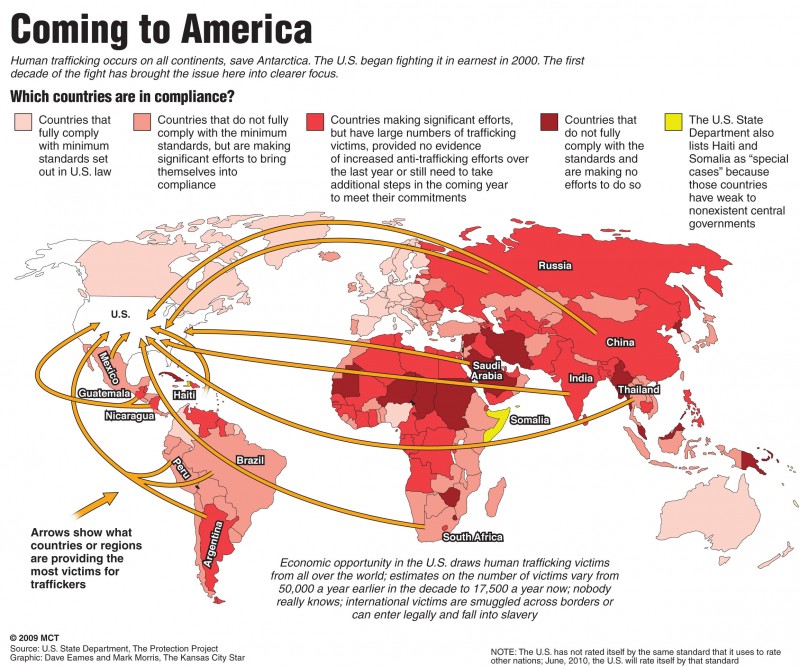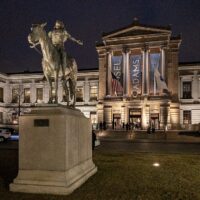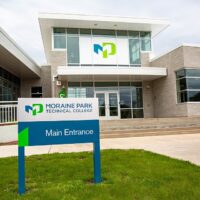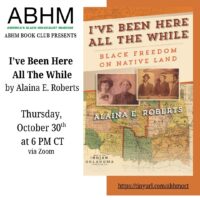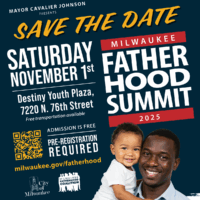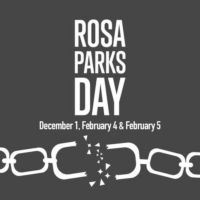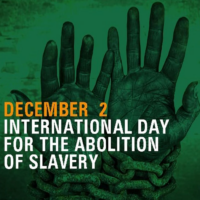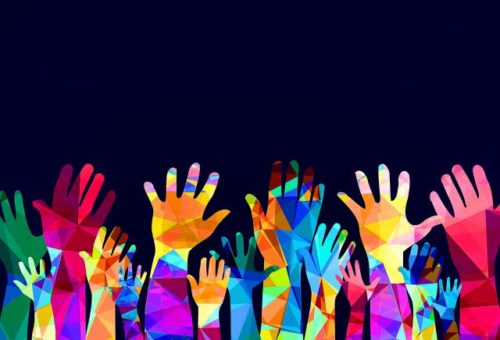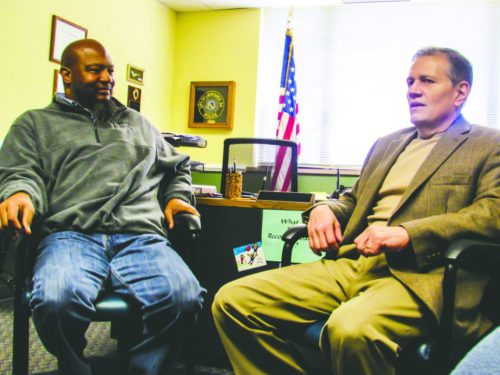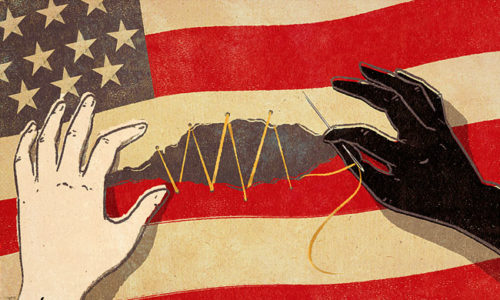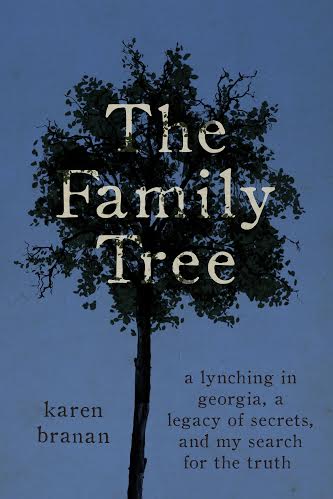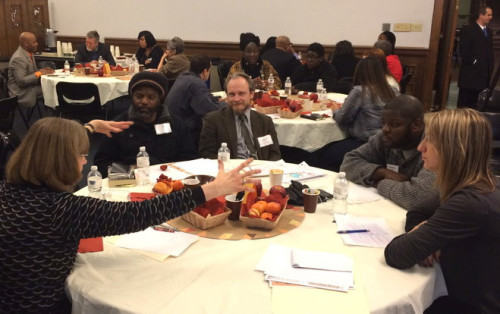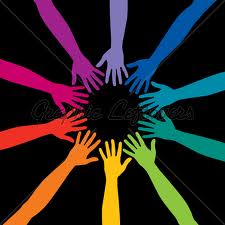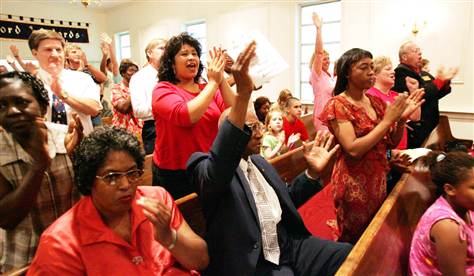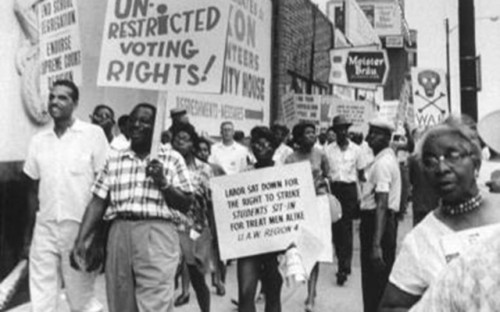Reconciliation
Explore Our Online Exhibits
Breaking News
Worldwide Community Events
Week 2
- Sun 26
- Mon 27
- Tue 28
- Wed 29
- Thu 30
- Fri 31
- Sat 1
- Sun 2
- Mon 3
- Tue 4
- Wed 5
- Thu 6
- Fri 7
- Sat 8
- Sun 9
- Mon 10
- Tue 11
- Wed 12
- Thu 13
- Fri 14
- Sat 15
- Sun 16
- Mon 17
- Tue 18
- Wed 19
- Thu 20
- Fri 21
- Sat 22
- Sun 23
- Mon 24
- Tue 25
- Wed 26
- Thu 27
- Fri 28
- Sat 29
- Sun 30
- Mon 1
- Tue 2
- Wed 3
- Thu 4
- Fri 5
- Sat 6
-
26October26October
 8:00 AM - 12:00 AM
8:00 AM - 12:00 AMSailing to Freedom: Maritime Dimensions of the Underground Railroad
Chesapeake Bay Maritime Museum -
27October27October
 All Day
All DaySailing to Freedom: Maritime Dimensions of the Underground Railroad
Chesapeake Bay Maritime Museum -
28October28October
 All Day
All DaySailing to Freedom: Maritime Dimensions of the Underground Railroad
Chesapeake Bay Maritime Museum -
29October29October
 All Day
All DaySailing to Freedom: Maritime Dimensions of the Underground Railroad
Chesapeake Bay Maritime Museum -
30October30October
 All Day
All DaySailing to Freedom: Maritime Dimensions of the Underground Railroad
Chesapeake Bay Maritime Museum30October -
31October31October
 All Day
All DaySailing to Freedom: Maritime Dimensions of the Underground Railroad
Chesapeake Bay Maritime Museum -
01November01November
 All Day
All DaySailing to Freedom: Maritime Dimensions of the Underground Railroad
Chesapeake Bay Maritime Museum01November
-
02November02November
 All Day
All DaySailing to Freedom: Maritime Dimensions of the Underground Railroad
Chesapeake Bay Maritime Museum -
03November03November
 All Day
All DaySailing to Freedom: Maritime Dimensions of the Underground Railroad
Chesapeake Bay Maritime Museum -
04November04November
 All Day
All DaySailing to Freedom: Maritime Dimensions of the Underground Railroad
Chesapeake Bay Maritime Museum -
05November05November
 All Day
All DaySailing to Freedom: Maritime Dimensions of the Underground Railroad
Chesapeake Bay Maritime Museum -
06November06November
 All Day
All DaySailing to Freedom: Maritime Dimensions of the Underground Railroad
Chesapeake Bay Maritime Museum -
07November07November
 All Day
All DaySailing to Freedom: Maritime Dimensions of the Underground Railroad
Chesapeake Bay Maritime Museum07November
Black Harvest Film Festival 2025
Gene Siskel Film Center -
08November08November
 All Day
All DaySailing to Freedom: Maritime Dimensions of the Underground Railroad
Chesapeake Bay Maritime Museum08November
Black Harvest Film Festival 2025
Gene Siskel Film Center08November
-
09November09November
 All Day
All DaySailing to Freedom: Maritime Dimensions of the Underground Railroad
Chesapeake Bay Maritime Museum09November
Black Harvest Film Festival 2025
Gene Siskel Film Center09November -
10November10November
 All Day
All DaySailing to Freedom: Maritime Dimensions of the Underground Railroad
Chesapeake Bay Maritime Museum10November
Black Harvest Film Festival 2025
Gene Siskel Film Center -
11November11November
 All Day
All DaySailing to Freedom: Maritime Dimensions of the Underground Railroad
Chesapeake Bay Maritime Museum11November
Black Harvest Film Festival 2025
Gene Siskel Film Center -
12November12November
 All Day
All DaySailing to Freedom: Maritime Dimensions of the Underground Railroad
Chesapeake Bay Maritime Museum12November
Black Harvest Film Festival 2025
Gene Siskel Film Center -
13November13November
 All Day
All DaySailing to Freedom: Maritime Dimensions of the Underground Railroad
Chesapeake Bay Maritime Museum13November
Black Travel Summit 2025
Grand Hyatt Rio de Janeiro13November
Black Harvest Film Festival 2025
Gene Siskel Film Center -
14November14November
 All Day
All DaySailing to Freedom: Maritime Dimensions of the Underground Railroad
Chesapeake Bay Maritime Museum14November
Black Travel Summit 2025
Grand Hyatt Rio de Janeiro14November
Art & Activism Retreat
Casa Romero Renewal Center14November
Black Harvest Film Festival 2025
Gene Siskel Film Center -
15November15November
 All Day
All DaySailing to Freedom: Maritime Dimensions of the Underground Railroad
Chesapeake Bay Maritime Museum15November
Black Travel Summit 2025
Grand Hyatt Rio de Janeiro15November
Art & Activism Retreat
Casa Romero Renewal Center15November
Black Harvest Film Festival 2025
Gene Siskel Film Center -
16November16November
 All Day
All DaySailing to Freedom: Maritime Dimensions of the Underground Railroad
Chesapeake Bay Maritime Museum16November
Black Travel Summit 2025
Grand Hyatt Rio de Janeiro16November
Art & Activism Retreat
Casa Romero Renewal Center16November
Black Harvest Film Festival 2025
Gene Siskel Film Center -
17November17November
 All Day
All DaySailing to Freedom: Maritime Dimensions of the Underground Railroad
Chesapeake Bay Maritime Museum -
18November18November
 All Day
All DaySailing to Freedom: Maritime Dimensions of the Underground Railroad
Chesapeake Bay Maritime Museum -
19November19November
 All Day
All DaySailing to Freedom: Maritime Dimensions of the Underground Railroad
Chesapeake Bay Maritime Museum -
20November20November
 All Day
All DaySailing to Freedom: Maritime Dimensions of the Underground Railroad
Chesapeake Bay Maritime Museum -
21November21November
 All Day
All DaySailing to Freedom: Maritime Dimensions of the Underground Railroad
Chesapeake Bay Maritime Museum -
22November22November
 All Day
All DaySailing to Freedom: Maritime Dimensions of the Underground Railroad
Chesapeake Bay Maritime Museum -
23November23November
 All Day
All DaySailing to Freedom: Maritime Dimensions of the Underground Railroad
Chesapeake Bay Maritime Museum -
24November24November
 All Day
All DaySailing to Freedom: Maritime Dimensions of the Underground Railroad
Chesapeake Bay Maritime Museum -
25November25November
 All Day
All DaySailing to Freedom: Maritime Dimensions of the Underground Railroad
Chesapeake Bay Maritime Museum -
26November26November
 All Day
All DaySailing to Freedom: Maritime Dimensions of the Underground Railroad
Chesapeake Bay Maritime Museum -
27November27November
 All Day
All DaySailing to Freedom: Maritime Dimensions of the Underground Railroad
Chesapeake Bay Maritime Museum -
28November28November
 All Day
All DaySailing to Freedom: Maritime Dimensions of the Underground Railroad
Chesapeake Bay Maritime Museum -
29November29November
 All Day
All DaySailing to Freedom: Maritime Dimensions of the Underground Railroad
Chesapeake Bay Maritime Museum -
30November30November
 All Day
All DaySailing to Freedom: Maritime Dimensions of the Underground Railroad
Chesapeake Bay Maritime Museum -
01December01December
 All Day
All DaySailing to Freedom: Maritime Dimensions of the Underground Railroad
Chesapeake Bay Maritime Museum01December
-
02December02December
 All Day
All DaySailing to Freedom: Maritime Dimensions of the Underground Railroad
Chesapeake Bay Maritime Museum02December -
03December03December
 All Day
All DaySailing to Freedom: Maritime Dimensions of the Underground Railroad
Chesapeake Bay Maritime Museum -
04December04December
 All Day
All DaySailing to Freedom: Maritime Dimensions of the Underground Railroad
Chesapeake Bay Maritime Museum -
05December05December
 All Day
All DaySailing to Freedom: Maritime Dimensions of the Underground Railroad
Chesapeake Bay Maritime Museum -
06December06December
 All Day
All DaySailing to Freedom: Maritime Dimensions of the Underground Railroad
Chesapeake Bay Maritime Museum
Share
"Reconciliation" is one of America's Black Holocaust Museum's four themes, which serve as pillars in our virtual museum. While redemption focuses more on personal actions and growth, reconciliation is a multifaceted societal ideal involving positive relationships between the Black and non-Black communities. Racial reconciliation requires honesty and openness as we examine and acknowledge the harm caused by racism and adjust society and our attitudes to end present harm and move closer to equality.
Our founder, Dr. James Cameron, encouraged us to remember and to speak honestly and respectfully about our shared racial history, believing this would lead to racial reconciliation.
Many events and breaking news articles continue to showcase this theme as Black Americans break stereotypes and barriers to success.
ABHM calls on people everywhere to work for liberty and justice for all. Stand with us by signing our Freedom Lovers’ Pledge. Let others know of your commitment by putting your name (and photo if you’re willing) alongside other Freedom Lovers on our Roll Call Wall. Thank you!
Read More About This TopicThe police chief of Lagrange, Georgia, along with the city’s mayor and the white business community, issued an apology to the Callaway family and the NAACP for the 1940 lynching of teenaged Austin Callaway. A commemorative ceremony and memorial plaque will be placed to honor Callaway and other victims of lynchings in the county.
Read More About This TopicA long-time white anti-bias educator and activist finds that her fellow white Americans are increasingly eager to understand America’s racial hierarchy and their part in it. A discussion of the roots and impacts of the White Racial Frame and what white people can do about it.
Read More About This TopicKaren Branan returns to her ancestral home in Georgia to discover the truth behind the lynching of three black men and a black woman in 1912 – including the complicity of her family. She tells the story in a new book, The Family Tree.
Read More About This TopicA video series of presentations by scholars and activists at ABHM’s 2014 Gathering for Racial Repair and Reconciliation.
Read More About This TopicThe exhibit provides an overview of the topic through text and videos. It samples processes for repair and reconciliation in use around the country, along with links to books, videos, and websites for deeper understanding and action.
Read More About This TopicABHM’s Virtual Museum Director reflects on her experiences at the Gathering for Racial Repair and Reconciliation honoring the museum’s founder, Dr. James Cameron.
Read More About This TopicHundreds gathered in a small town church in Abbeville, South Carolina, known as the the birthplace of the Confederacy. Descendants of Anthony Crawford and descendants of his lynchers joined in a service of apology, forgiveness and reconciliation for that lynching and other racial injustices that took place there nearly a century ago.
Read More About This TopicFrom about 1900 to 1965, most African Americans were not allowed to vote in the South. White people in power used many methods to keep black people from voting. Some of these methods also prevented poor white people from voting. Today there are still laws and customs that make it harder for African Americans, other minorities, and some whites to vote.
Read More About This Topic